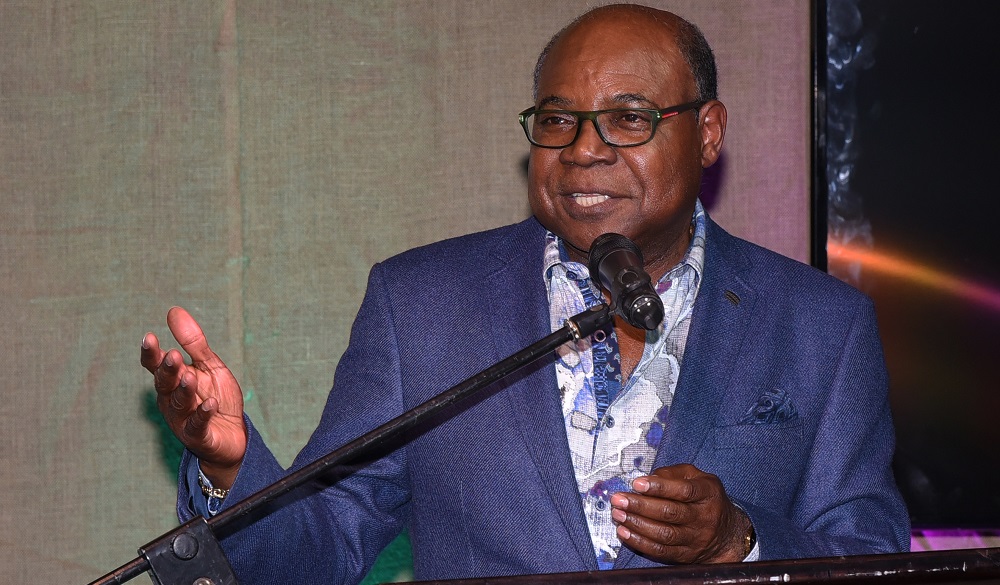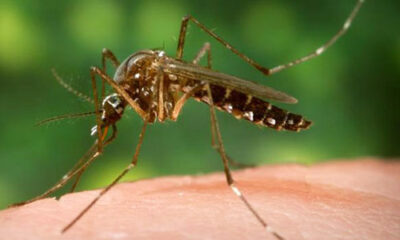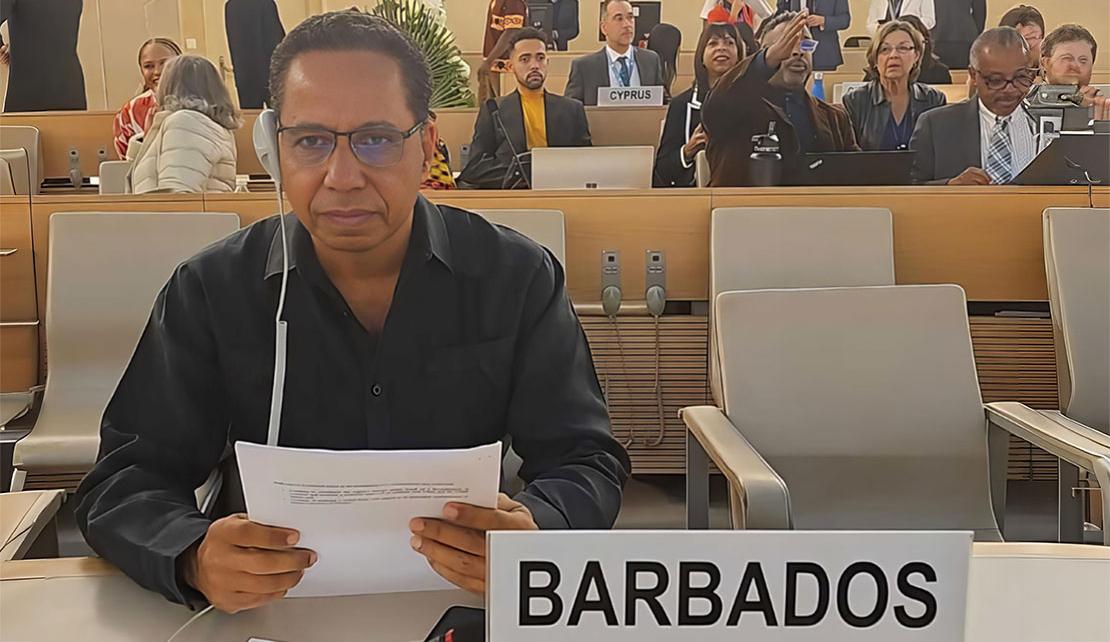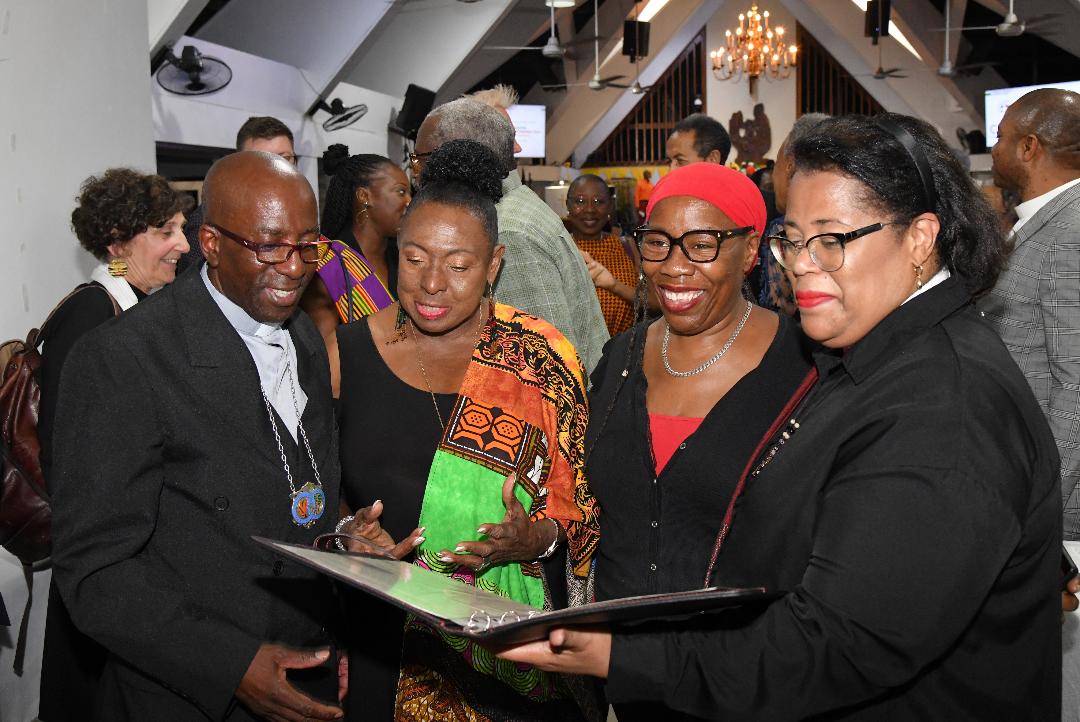#Kingston, August 5, 2019 – Jamaica – Tourism Minister, Hon. Edmund Bartlett, says a strong collective regional effort is needed to curtail the rapidly growing threats posed by the influx of sargassum seaweed in the Caribbean.
Among
the interventions he is proposing, is the development of a comprehensive
scientific initiative to devise the most efficient way to collect sargassum in
the open sea without harming the ecosystem. He was speaking at a regional roundtable
forum at the University of the West Indies Regional Headquarters in St. Andrew
on Friday (July 26), under the theme: ‘Sargassum and the Caribbean: Resilience,
Innovation and Solutions’.
Mr.
Bartlett noted that “masses” of sargassum, which have washed onto beaches along
the Caribbean Sea, the Gulf of Mexico and the tropical Atlantic, have smothered
coral reefs, and trapped several species of marine life.
Additionally,
he said the influxes have adversely impacted tourism, fishery and nautical
activities such as diving, kite surfing and windsurfing, which have contributed
to, among other things, economic instability within coastal communities
dependent on these engagements.
Mr.
Bartlett further pointed out that sargassum has destroyed colonies of mangroves
which has, in the process, contributed to the demise of turtles and fish
species, and impacted human health due to decomposition of algae and the
release of hydrogen sulfide. He said the
Caribbean has been experiencing “colossal influxes” of sargassum over the last
nine years.
The
Minister noted that the onset began in 2011, continued in 2014 and 2015, but
reached unprecedented levels in 2018, with more sargassum affecting the Caribbean
for a longer period of time than previously observed.
Mr.
Bartlett said the sargassum phenomenon is believed to be driven by a
combination of man-made and natural factors.
These, he indicated, include: climate change and increased sea surface
temperature; change in regional winds and ocean current patterns; the increased
presence of Saharan dust; and nutrients from rivers, sewage and nitrogen-based
fertilizers.
Experts
have warned that sargassum influxes will become the new norm which, if not
dealt with urgently, will cause irreversible long-term damage.
“Currently,
a mass of sargassum algae, measuring 550 kilometres in length, roughly the same
size as Jamaica, is affecting the Mexican Coast and stretches all the way south
along the Yucatan Peninsula to Belize,” the Minister informed.
He
said that sargassum influxes have been having adverse effects on national and
regional economies with substantial loss of livelihoods and economic
opportunities, primarily in the fisheries and tourism sectors over the last
eight years.
“It
has already been estimated that tourism has dropped as much as 35 per cent as a
consequence of sargassum algae washing up on a 480-kilometre-long stretch of otherwise
pristine Caribbean beaches,” Mr. Bartlett said.
He
pointed out that colleague Tourism Ministers and industry stakeholders across
the Caribbean have voiced growing concern about the seaweed’s unsightly
appearance, visitor complaints, the cost of removal, and the possibility of
reputational damage.
Citing
a Caribbean Hotel and Tourism Association survey, Mr. Bartlett said in recent months,
some reginal establishment have been receiving queries and cancellations from
prospective guests.
Some
hotels directly impacted by sargassum are also incurring huge costs for cleaning
up and other related activities. In 2018, the estimated clean-up cost was US$120
million.
Studies show that while
sargassum is an essential habitat for some species of fish and invertebrates
and provides shelter and food for sea turtles and commercially important fish
like tuna, excessive quantities can result in beach erosion and negatively
impact marine life.
The seaweed merges into large mats and is
transported by ocean currents towards the Caribbean, washing up on beaches
throughout the region. As it accumulates
and decomposes on the seashore, it becomes highly pungent and attract insects.
The regional round table forum was hosted
by the Global Tourism Resilience and Crisis Management Centre. Its participants included leading experts on
the subject matter, who share knowledge and best practices on how to treat with
sargassum.
Contact: Alecia Smith
Release: JIS
Photo Caption: Tourism Minister, Hon. Edmund Bartlett.
Rudranath Fraser Photo


 News1 day ago
News1 day ago
 Health1 week ago
Health1 week ago
 Caribbean News3 days ago
Caribbean News3 days ago
 Caribbean News6 days ago
Caribbean News6 days ago
 Health1 week ago
Health1 week ago
 Caribbean News6 days ago
Caribbean News6 days ago
 Bahamas News5 days ago
Bahamas News5 days ago
 Caribbean News1 week ago
Caribbean News1 week ago









